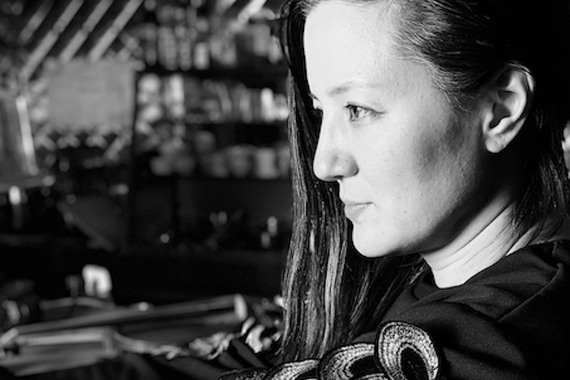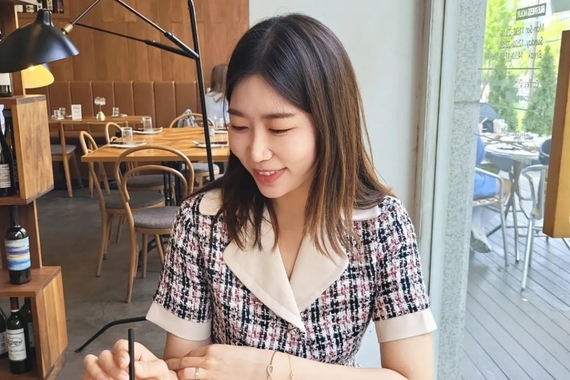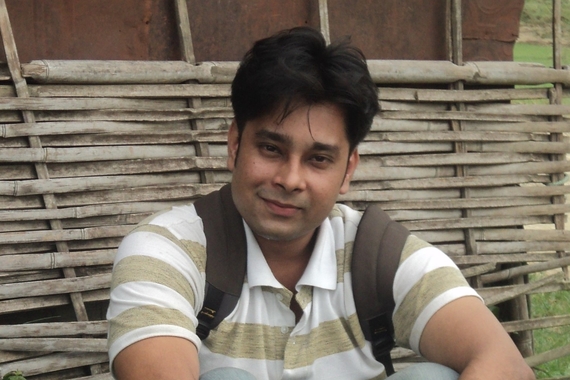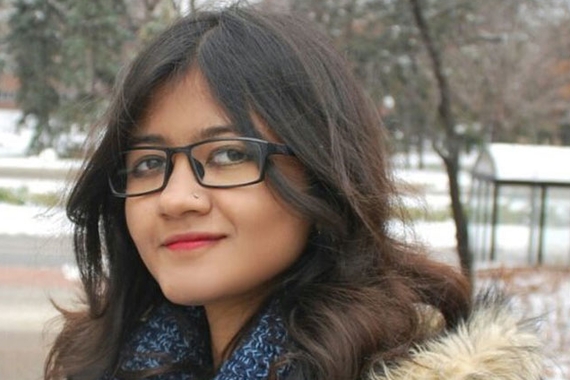Rose Travel Fellowship
The Rose Travel Fellowship in the Arts and Humanities for Creative Research in Asia provides funds for a graduate student to travel for creative work or research in Asia, and allows a student to work on a project related to individual research interests; not for tuition costs at another institution. It is an experiential learning opportunity for creative and intellectual development. Selected student may use this grant for any kind of travel expense, or to purchase needed equipment for creative work, or to provide general expenses during the travel period. May be supplemented with other research funding received for the same topic—it may also support investigative travel to solidify new thinking. On their return, fellows will be asked to make a final report of their activities and to present their work and thoughts in a public forum.
Fellowship Criteria:
• Open to graduate students in the Arts and Humanities.
• Student may be in any MA, MFA, or PhD program.
• Fellowship focuses on experiential learning.
• May be used for research materials or services related to the research.
• Can be used for transportation to/from or in-country travel.
• May not be used for tuition costs at another institution.
How to Apply
1. Submit a narrative statement (1200-1500 words) describing your (a) area of creative interest, or (b) dissertation topic, or (c) individual investigation proposal.
2. Submit a current CV with your name, department, graduate program, and contact information.
3. Send applications to amesgrad@umn.edu with "Rose Travel Grant" in the subject heading.
Application Deadline: February 1, 2024 (award announced by May 1, 2024)
About the Donor
Thomas Rose is Professor Emeritus of the Department of Art, University of Minnesota Twin Cities.
Past Recipients

Leyna Papach, School of Music
My dissertation consists of a large-scale music composition for an ensemble of instruments and voices, influenced by musical elements of Gagaku (Japanese Imperial Court Music) as well as the theatrical elements of the Noh Theater (Japanese Classical-Dance Drama). I seek to understand the fluidity, nuance and philosophy of both the written and performed versions of these art forms in order to cultivate and inspire a compositional language that is more reflective of my dualistic nature as a Japanese-American interdisciplinary artist. During my trip to Japan, I plan to study with masterful musicians of Gagaku, and will attend an array of live performances in order to delve deeper into my understanding of their craft and to receive significant influence. My research in Japan will certainly inform the way in which I will approach my dissertation composition.

Jiyoon Pyeon, Asian Literatures, Cultures and Media
Working with the concept of transnational genre, my research explores how contemporary South Korean genre films engage with sociopolitical history through the conventions of–and deviations from–film genre. My summer project will allow me to proceed to the next stage of my academic research concerning Korean genre films. First, to develop my preliminary research on a South Korean musical film, Swing Kids (2018), I will visit Geoje Island, the historical setting of the film. I will deepen my comprehension of the historical sites and use this experience to develop my argument on how the film represents the historical space of Geoje P.O.W. Camp and transplants prosthetic memories of the Korean War to contemporary audiences. Second, for my research on Korean blockbuster films, I will visit filming locations of Spring in Seoul and observe the often-invisible background of film production. Lastly, as part of my research on a film noir, Asura: The City of Madness (2016), I will conduct an interview with Kim Sungsoo, the director/screenwriter of the film, which will provide intellectual inspiration and valuable information to further develop my research.

Dhrijyoti Kalita, Asian Literatures, Cultures, and Media
My research investigates the complex entanglements of human and non-human agents in Indian/South Asian literary works, specifically select precarious, state-abandoned landscapes in Assam, a state in the Northeastern region of India. For this project, I am going to attempt to understand one such landscape, which is popularly known as the chars. These are sand and silt islands formed out of piled-up sediments in the aftermath of floods and are spread across the Brahmaputra riverbed. With the Rose Travel Fellowship, I am going to visit three chars and document everyday experiences of living in this ecology to better understand the role of bureaucratic institutions in these places. I will also use the fellowship to further my work translating an Assamese novel into English that documents three generations of living in the precarious chars.

Sreyashi Ray, Asian Literatures, Cultures, and Media
My dissertation project focuses on multispecies interaction and coexistence in South Asian vernacular cultural productions. I plan to use the Rose Travel Fellowship for archival research on pīr kathās, a Bengali literary genre of fabulous religious folktales. The protagonists of these folktales are miracle-working saints and deities worshipped predominantly by the marginalized sections of Hindu and Muslim communities cohabiting with wild animals in the Sundarbans, a forested area comprised of deltaic islands, in both India and Bangladesh. My aim is to access and study these literary texts preserved in the archives in order to understand how they portray the history of religious syncretism in South Asia through close engagements with the relationship between religion and animality.